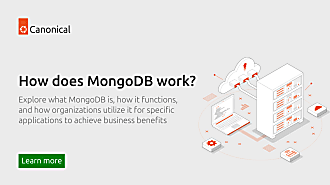Blog posts tagged
"MongoDB"
Michelle Anne Tabirao
6 December 2023
Michelle Anne Tabirao
31 October 2023
Michelle Anne Tabirao
10 June 2022






